The cost of hiring a translator in Japan is essential for efficient communication. Rates can vary based on factors such as experience, language pair, and project complexity.
We will delve into the key considerations and average pricing to help you make informed decisions for your translation needs.
How Much Does It Cost to Hire a Translator in Japan?
In Japan, hiring a professional translator typically costs between 10 ($0.070) to 30 ($0.21) yen per source word on average. Keep in mind that this is just a general estimate, and the actual cost can differ significantly due to various factors.
It’s crucial to remember that professional translators prioritize quality and precision, so opting for a cheaper alternative may not guarantee the best results.
Things to Consider When Looking for a Translator in Japan
When seeking a translator in Japan, it’s vital to find someone who can bridge the language gap accurately and effectively. Whether you require translation for business, legal documents, or personal matters, selecting the right translator can significantly impact the success of your communication.
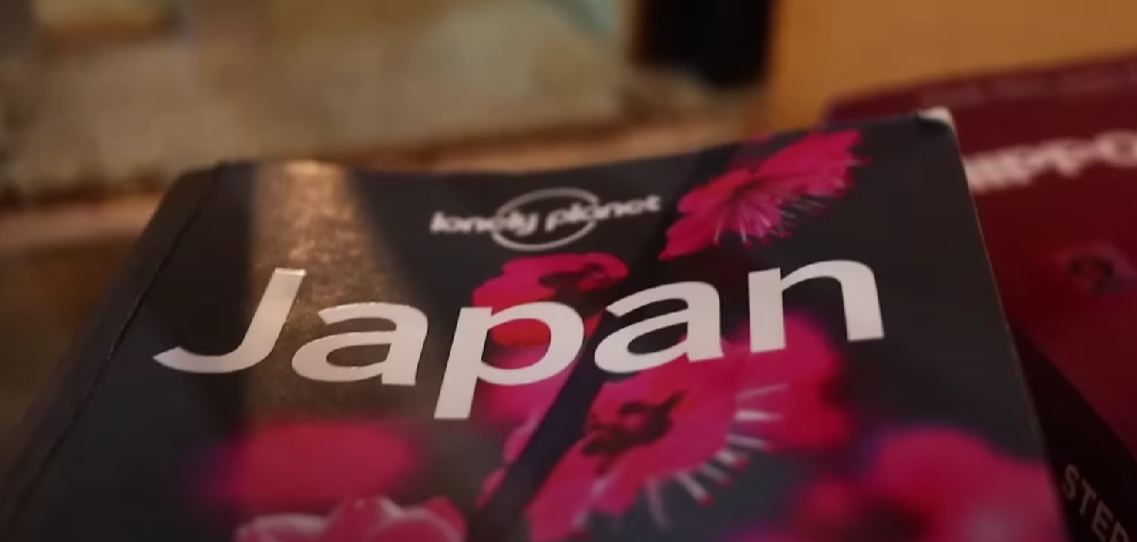
Here are several key factors to consider when looking for a translator in Japan:
Language Proficiency and Specialization
The first and foremost consideration is the translator’s language proficiency. Ensure they are a native or near-native speaker of the target language, with a deep understanding of the nuances and cultural intricacies.
Additionally, look for translators with specialized knowledge in your field or industry. Whether you need legal, medical, technical, or business translations, a specialized translator can ensure accurate and contextually appropriate translations.
Certification and Experience
Checking the translator’s certifications and experience is crucial to gauge their professionalism and expertise. Many professional translators hold certifications from recognized organizations such as the Japan Translation Federation (JTF) or the American Translators Association (ATA).
Experience is equally important, as seasoned translators often possess a better grasp of the language and subject matter, leading to higher-quality translations.
References and Reviews
Requesting references or reading online reviews can offer valuable insights into the translator’s performance and reputation. Reach out to previous clients to inquire about their experience with the translator’s services. Positive feedback and testimonials indicate reliability and customer satisfaction.

Turnaround Time and Availability
Consider the translator’s availability and turnaround time for your specific project. If you have tight deadlines, it’s crucial to ensure the translator can accommodate them without compromising on quality.
Some translators may have a busy schedule, so discuss your timeline upfront and confirm their ability to meet your needs.
Confidentiality and Data Security
Translators often deal with sensitive information, especially in legal or business settings. Ensure the translator follows strict confidentiality protocols and has measures in place to safeguard your data.
Signing a Non-Disclosure Agreement (NDA) can provide an extra layer of protection for sensitive materials.
Clear Communication and Questions
Effective communication is essential when working with a translator. Before hiring, engage in a discussion to assess their responsiveness, willingness to clarify doubts, and overall communication skills.

A translator who actively seeks clarification when needed can deliver more accurate translations.
Quality Assurance Process
Inquire about the translator’s quality assurance process. Reputable translators often have a system for proofreading and editing to ensure error-free translations.
This process can enhance the final output and maintain consistency throughout the document.
Cost and Payment Terms
Discuss the cost of the translation project upfront. While affordability is essential, remember that cheaper options might compromise the quality of work. Transparent payment terms and a clear breakdown of costs can help you make an informed decision.
Local Knowledge and Cultural Sensitivity
A translator with local knowledge and cultural sensitivity can add depth and authenticity to the translations. Understanding cultural nuances is crucial, especially if you’re translating content for marketing, advertising, or communication with a specific target audience.
Technology and Tools

Ask about the translator’s proficiency in using translation technology and tools. While technology can aid in efficiency and consistency, a skilled human translator is still indispensable for handling complex language nuances and specialized content.
Test Translation
Consider requesting a test translation before committing to a larger project. A test translation allows you to evaluate the translator’s skills and suitability for your specific needs without a substantial investment.
Flexibility and Adaptable Style
Every translation project is unique, and flexibility is an essential trait for a translator. Look for someone who can adapt their style to match the tone and context of your content.
Different Factors Associated With Translator Fees in Japan
When seeking translation services in Japan, understanding the various factors that influence the cost is crucial to budgeting effectively and ensuring quality results.
Translators’ rates can vary significantly based on specific considerations, and being aware of these factors can help you make informed decisions. Here are the key elements that affect the cost of hiring a translator in Japan:
Language Pair

The combination of languages involved in the translation, known as the language pair, is a fundamental factor influencing the cost. Japanese is a complex language with unique characters and grammar, which can make translating into or from Japanese more challenging than some other languages.
Language pairs with less common combinations or those requiring specialized expertise may cost more due to the limited availability of qualified translators.
Complexity and Technicality
The complexity and technicality of the content being translated can significantly impact the cost. Technical documents, legal contracts, medical reports, and scientific research papers often require specialized knowledge to ensure accurate translations.
Translating complex terminology or jargon demands additional time and expertise, which can reflect the overall cost.
Volume and Word Count
The overall volume of the content, usually measured by the word count, is a direct determinant of the translation cost. Translators often charge per word, so the more words in your document, the higher the total cost will be. However, some translators may offer discounts for larger projects.
Urgency and Turnaround Time
If you have tight deadlines or require expedited services, the urgency of the project can affect the cost. Rush jobs may come with a premium price due to the translator’s need to prioritize your project over other commitments.
Planning and providing sufficient time for translation can help you avoid additional rush charges.
Subject Matter and Specialization
The subject matter of the content plays a significant role in the cost of translation. Specialized fields such as legal, technical, medical, financial, or marketing translations often require translators with expertise in those areas.
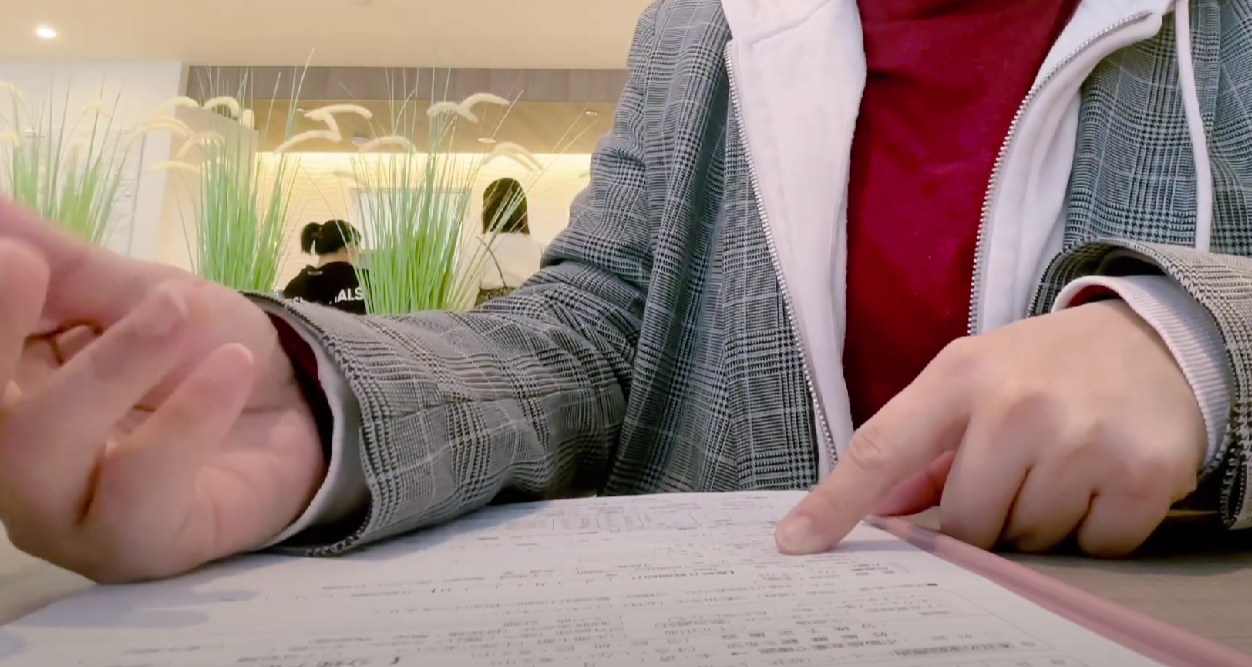
Translators with subject matter expertise can ensure accurate terminology usage and context-specific translations, but this expertise may come at a higher cost.
Experience and Qualifications
Experienced and highly qualified translators often charge higher rates for their services. Years of practice and a strong track record demonstrate a translator’s reliability and skill, which can justify the higher cost.
However, less experienced translators may offer more competitive rates, though it may entail some trade-offs in terms of quality.
Format and Formatting
The format of the source material can impact the cost of translation. Translating text from image files or non-editable formats may require additional time and effort for formatting and layout adjustments.
Providing content in editable formats can streamline the translation process and potentially lower the overall cost.
Additional Services
Some translation projects may require extra services beyond basic translation, such as proofreading, editing, desktop publishing, or localization.

These additional services can add to the total cost, but they are essential for ensuring the highest quality and appropriateness of the translated content for your target audience.
Confidentiality and NDA
Translators handling sensitive or confidential information may charge higher rates to account for the increased responsibility and potential legal obligations. Signing a Non-Disclosure Agreement (NDA) can help safeguard your information and provide peace of mind during the translation process.
Geographic Location and Cost of Living
The location of the translator can also influence the cost. Tokyo and other major cities in Japan generally have a higher cost of living, which may be reflected in the rates charged by local translators.
Conversely, translators based in smaller towns or regions with lower living expenses may offer more competitive pricing.
Market Demand and Supply
The demand for translators in specific language pairs or fields can impact the cost. If there’s a scarcity of qualified translators for a particular language combination, the rates for those services may be higher due to limited availability.
Conversely, if there is a surplus of translators for a common language pair, the competition may drive prices down.
How to Save Money in Hiring a Translator in Japan?
When seeking translation services in Japan, cost-effectiveness is a significant consideration. While quality and accuracy are paramount, there are several strategies to save money without compromising the integrity of the translation.

Understanding these cost-saving measures can help you make informed decisions and optimize your budget. Here are some key strategies to save money in hiring a translator in Japan:
Plan and Avoid Rush Jobs
One of the most effective ways to save money on translation services is to plan and avoid rush jobs. Urgent translations often come with a premium price due to the translator’s need to prioritize your project over other commitments.
By providing sufficient time for translation, you can negotiate better rates and give the translator ample time to deliver high-quality results.
Bundle Translation Projects
If you have multiple documents or projects that require translation, consider bundling them together. Translators may offer discounts for larger projects, as it allows them to streamline their work and maximize efficiency.
Combining related content can also ensure consistency in terminology and style across all materials.
Prioritize Essential Content
To save costs, prioritize essential content for translation. Focus on translating critical documents or information that directly impacts your business objectives or communication needs.
Non-essential or low-priority content can be addressed at a later stage or managed with alternative solutions, such as machine translation or in-house language support.

Choose the Right Language Pair
The language pair can significantly impact the cost of translation. Opt for language combinations that have a larger pool of qualified translators, as they are likely to offer more competitive rates.
Conversely, rare or less common language pairs may be more expensive due to limited availability.
Utilize Translation Technology
Leverage translation technology and tools to optimize the translation process and reduce costs. Translation Memory (TM) systems store previously translated segments, allowing translators to reuse them, which can speed up the process and save time.
Additionally, Computer-Assisted Translation (CAT) tools can help maintain consistency and streamline terminology across multiple projects.
Provide Clear and Editable Source Material
Supplying clear and editable source material can streamline the translation process and potentially lower costs. Translating content from image files or non-editable formats may require additional time and effort for formatting and layout adjustments.
Providing editable files enables the translator to focus on the translation itself, resulting in cost savings.
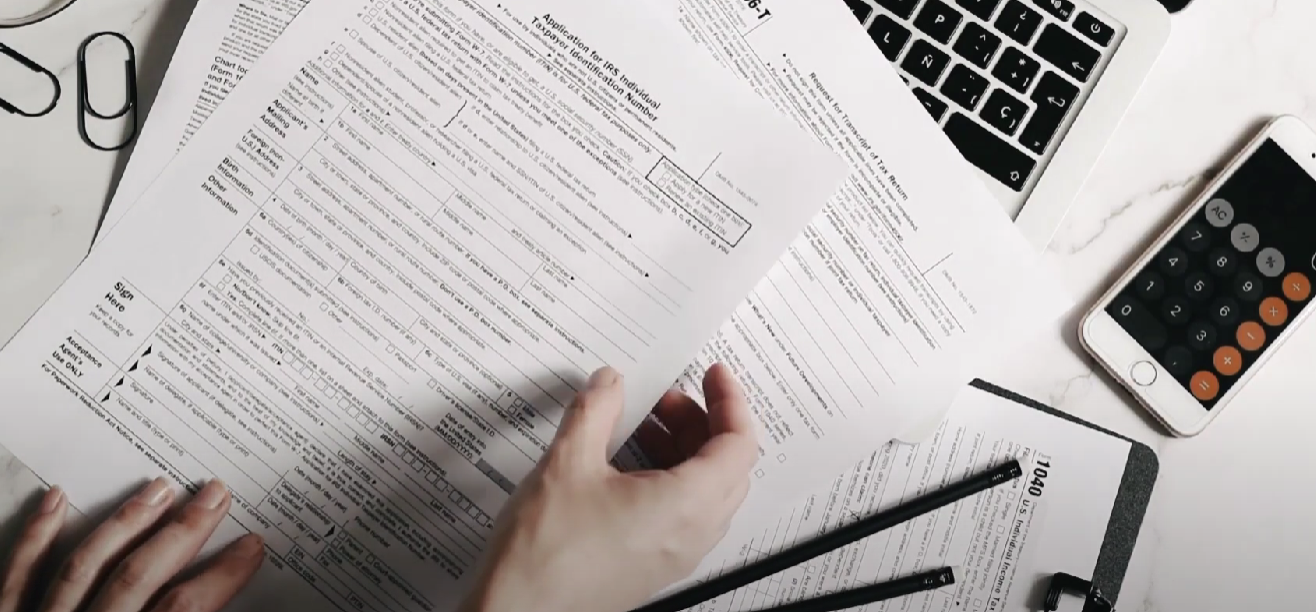
Request Test Translations
Before committing to a large or ongoing project, consider requesting a test translation from potential translators. A test translation allows you to assess their skills and suitability for your specific needs without a substantial investment.
It also helps you gauge their responsiveness and communication style, ensuring a smooth working relationship.
Work With Freelancers and Small Agencies
Freelance translators and small agencies often offer more competitive rates compared to larger translation companies. They have lower overhead costs and may be willing to negotiate their fees to secure projects.
However, ensure that the freelancer or agency has the necessary qualifications and experience to handle your specific requirements.
Consider Translation Alternatives
For certain content types, consider using alternative translation methods to save money. For instance, machine translation and post-editing can be cost-effective for large volumes of content with a focus on information transfer rather than linguistic perfection.
However, be cautious with sensitive or critical content, as machine translation may not provide the same level of accuracy as human translation.

Negotiate and Compare Quotes
Don’t hesitate to negotiate with translators and ask for multiple quotes. Different translators may have varying pricing structures, and negotiating can lead to more favorable rates.
Be transparent about your budget and project requirements, and compare quotes from multiple translators to find the best balance of cost and quality.
Establish Long-Term Partnerships
Building long-term partnerships with reliable translators can be advantageous in saving money over time. Once you’ve found a translator who consistently delivers high-quality work, consider establishing an ongoing relationship.
Long-term partnerships often come with benefits such as preferred rates and familiarity with your specific needs.
Are Translation Services Expensive?
The cost of translation services can vary depending on several factors. While some translation services may be perceived as expensive, it is important to consider the value they provide.
High-quality translation requires skilled professionals with expertise in specific fields and language pairs, which can justify higher rates. Additionally, factors like the complexity of the content, the urgency of the project, and the translator’s experience and qualifications also influence the cost.

While there are cost-effective options such as machine translation, they may not always guarantee the same level of accuracy and cultural nuance as human translation.
Investing in professional translation services ensures accurate communication, maintains the integrity of the content, and avoids potential misunderstandings or misinterpretations.
Ultimately, the cost of translation services should be seen as an investment in effective communication and international success rather than a mere expense.
Are Japanese-to-English Translators in Demand?
The demand for Japanese-to-English translators has experienced significant growth in recent years. Japan’s prominent position in the global economy, technological advancements, and cultural influence have led to increased international communication and collaboration.
Below are the factors driving the demand for Japanese-to-English translators and the various industries where their expertise is sought after.
Global Business and Trade
Japan is a major player in global business and trade, with many Japanese companies expanding their operations internationally. As a result, there is a constant need for accurate translation of business documents, contracts, financial reports, and marketing materials from Japanese to English.

Japanese companies engage in cross-border transactions, joint ventures, and international partnerships, necessitating clear and precise communication in English to ensure successful collaborations.
Technology and Innovation
Japan is renowned for its technological advancements and innovation. As Japanese companies develop cutting-edge products and services, the demand for translation arises to make these innovations accessible to the global market.
Technical manuals, patents, research papers, and product documentation require proficient Japanese-to-English translation to reach a wider audience and attract international investors and customers.
Entertainment and Media
Japanese entertainment and media, including anime, manga, video games, and movies, have a massive global following. Subtitling, dubbing, and translating promotional materials into English are vital for reaching English-speaking audiences around the world.
The localization of Japanese media into English has become an industry of its own, creating a steady demand for skilled translators who can accurately capture the essence and cultural nuances of the original content.
Tourism and Hospitality
Japan has seen a surge in tourism in recent years, with millions of visitors from English-speaking countries arriving each year. The hospitality industry relies on Japanese-to-English translators to ensure seamless communication with foreign tourists, from signage and restaurant menus to travel brochures and hotel information.
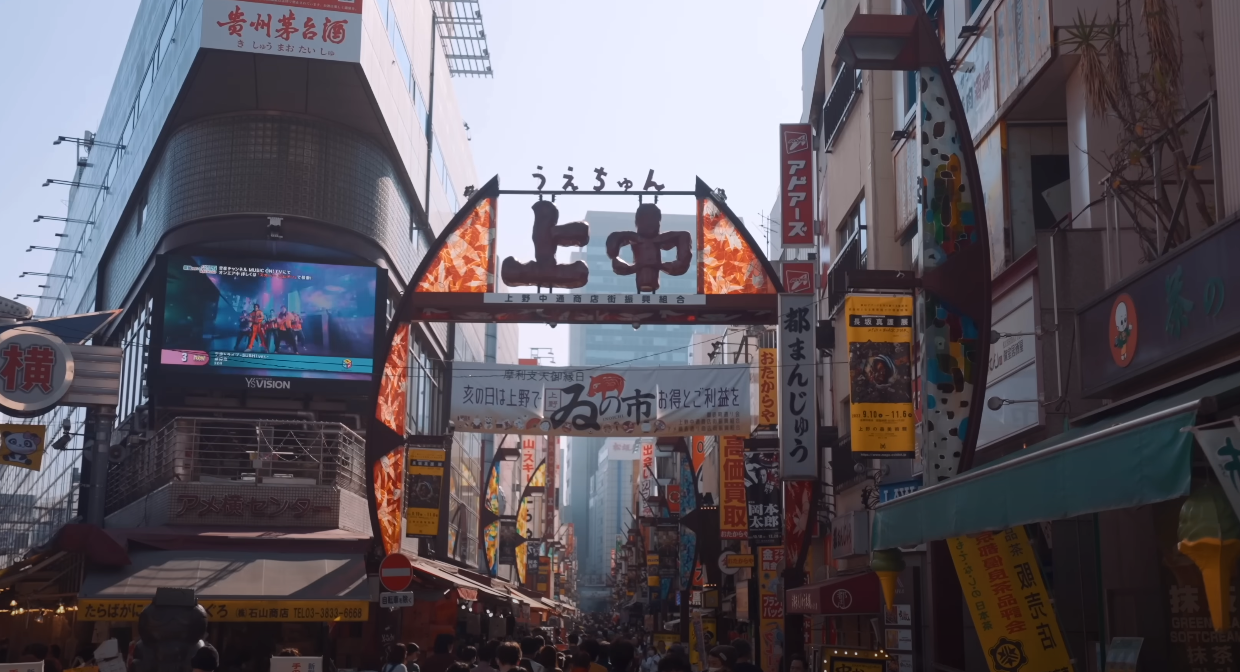
Translators also play a crucial role in facilitating cross-cultural understanding and enhancing the overall tourist experience.
Academic and Research Collaboration
Japanese universities and research institutions collaborate with international counterparts on various academic and research projects. The Japanese-to-English translation is essential for sharing research findings, academic papers, and conference presentations with the global academic community.
By enabling effective knowledge exchange, translators contribute to the advancement of scientific research and academic dialogue.
Legal and Patent Translation
Legal translation demands utmost accuracy and precision, especially in matters involving international law, intellectual property, and business contracts. Japanese-to-English translators with expertise in legal and patent translation are sought after to navigate the intricacies of both legal systems and ensure compliance with international standards.
Medical and Healthcare Industry
The medical and healthcare industry requires precise translation to maintain patient safety and improve cross-border medical collaboration. Translators proficient in medical terminology are essential for accurately translating medical records, clinical trials, pharmaceutical documents, and healthcare guidelines from Japanese to English.
Government and Diplomacy
As Japan maintains political and diplomatic relations with English-speaking countries, the need for Japanese-to-English translation in government communications and diplomatic affairs remains significant.
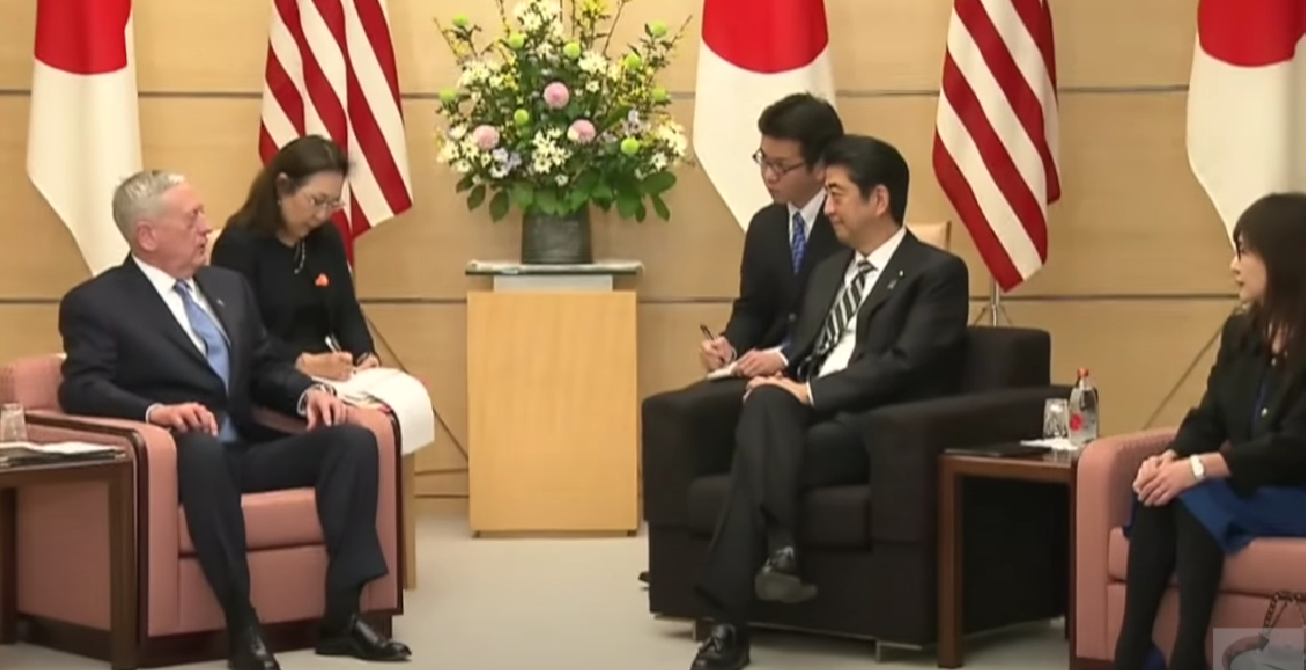
Accurate translations are vital for official documents, treaties, agreements, and diplomatic negotiations.
E-Commerce and International Marketing
With the rise of e-commerce and the Internet, Japanese businesses are increasingly expanding their online presence to reach global customers. E-commerce platforms, websites, and marketing campaigns require skillful Japanese-to-English translation to effectively communicate the brand message and engage international audiences.
Niche Expertise and Specialization
Certain industries demand translators with specialized knowledge and expertise. Fields such as finance, engineering, renewable energy, environmental science, and fashion require translators who are not only proficient in language but also well-versed in specific terminology and industry practices.
Can I Bring My Translator to Japan?
Yes, you can bring your translator to Japan. Japan generally allows tourists and visitors to have their interpreters or translators accompany them during their stay.
Having your translator can be beneficial, especially if you require assistance in specific situations, such as business negotiations, legal matters, or navigating complex cultural nuances.
However, it’s essential to consider that some official procedures, such as legal proceedings or government interactions, may require the use of a certified or registered interpreter recognized by Japanese authorities. In such cases, you may need to hire a professional interpreter who meets the necessary qualifications.

For general purposes, having your translator can be a valuable asset, enhancing your communication and ensuring a smoother experience during your time in Japan.
Are Human Translators Still Needed?
The advent of machine translation and advancements in artificial intelligence have raised questions about the necessity of human translators in today’s digital age.
While technology has undoubtedly transformed the translation landscape, human translators remain an essential and irreplaceable component of the language industry. Below are the reasons why human translators are still needed and the unique value they bring to the field of translation.
Contextual Understanding and Cultural Nuances
Human translators possess the ability to understand the context of a text, which is essential for providing accurate and culturally appropriate translations. Language is rich with nuances, idiomatic expressions, and cultural references that may not be fully grasped by machines.
Human translators can interpret and convey these subtleties, ensuring that the translated content resonates with the target audience in a way that automated systems cannot replicate.
Complex and Specialized Content
Translating certain types of content, such as legal contracts, technical manuals, medical documents, or creative writing, requires a high level of expertise and specialized knowledge.

Human translators with subject matter expertise are better equipped to handle such complex materials, ensuring precise and accurate translations. In contrast, machine translation may struggle with terminology and context in specialized fields, leading to errors and inaccuracies.
Adaptability and Flexibility
Language is dynamic and ever-evolving, making adaptability and flexibility crucial in translation. Human translators can adjust their approach and style to match the specific requirements of a project, audience, or context.
They can also accommodate last-minute changes or requests, providing customized solutions to meet clients’ unique needs, which is challenging for machine-based translation systems.
Quality and Consistency
Human translators offer a level of quality and consistency that machine translation cannot consistently achieve. Skilled translators can maintain consistent terminology, tone, and style throughout a document or a series of related materials.
This coherence ensures that the translated content aligns with the client’s branding and messaging, enhancing the overall quality of communication.
Contextual Ambiguities and Polysemy

Languages often contain words or phrases with multiple meanings, and understanding the intended sense in a specific context requires human intelligence. Machine translation struggles with disambiguating such polysemous words and can produce inaccurate translations.
Human translators can identify contextual ambiguities and select the most appropriate meaning, resulting in more accurate and contextually relevant translations.
Confidentiality and Security
Confidentiality is paramount in many translation projects, especially when dealing with sensitive business, legal, or personal information. Human translators can uphold strict confidentiality standards and follow ethical guidelines to protect clients’ data.
Entrusting sensitive material to a machine-based system may raise concerns about data security [1] and privacy.
Conclusion
The cost of hiring a translator in Japan can vary depending on factors such as language pair, complexity, and experience, emphasizing the importance of balancing affordability and quality.

